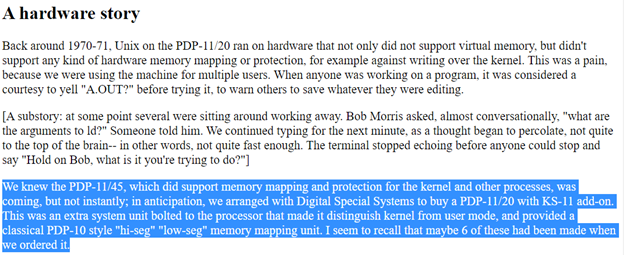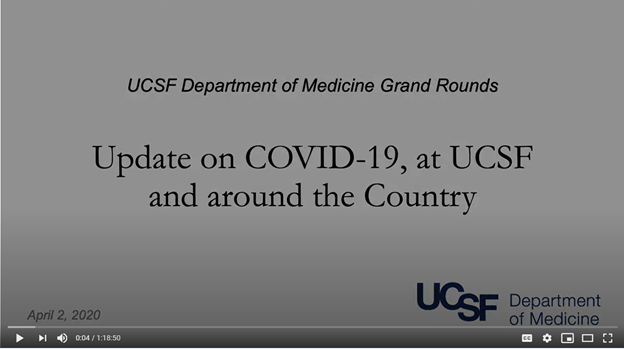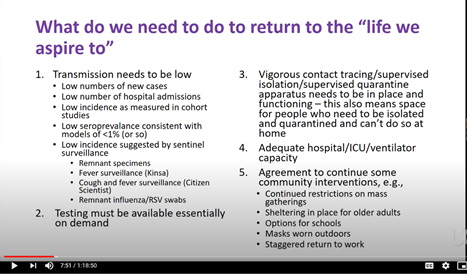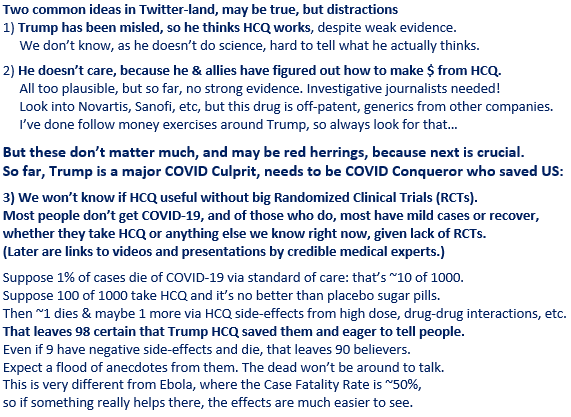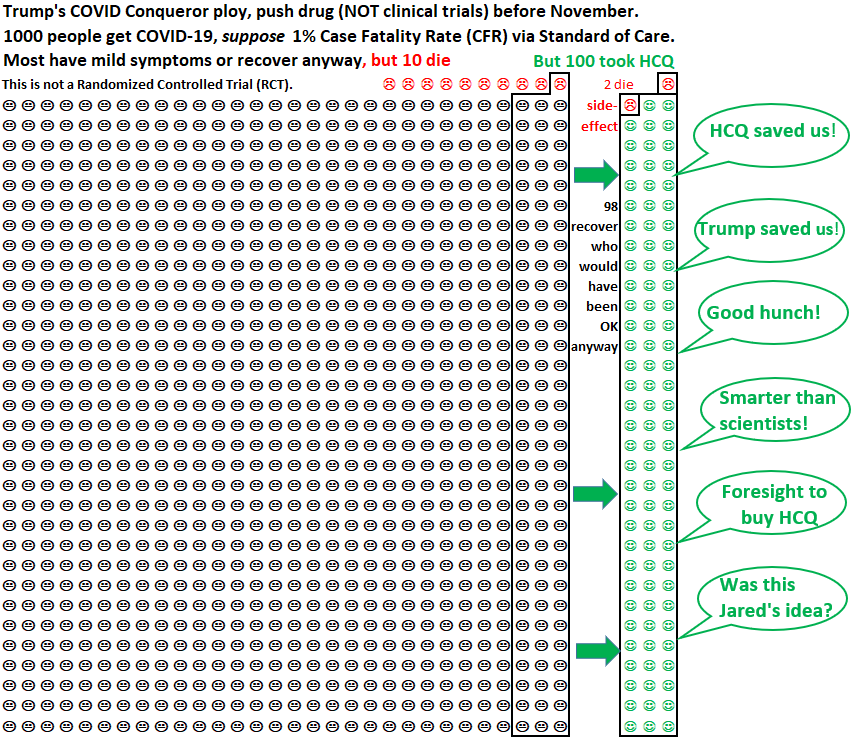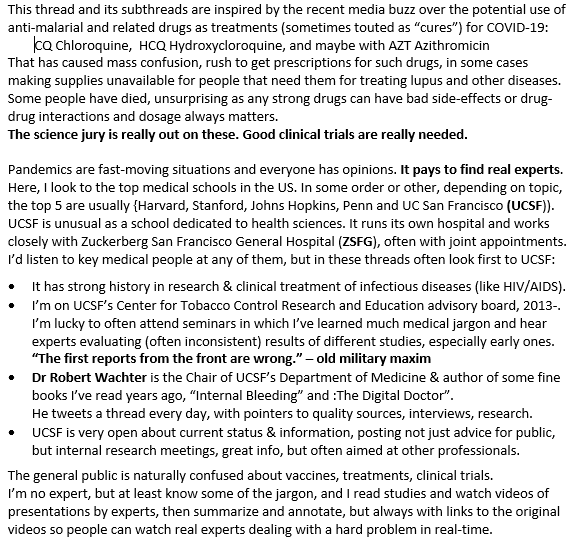
CB0.1 Two fine books arrived Tuesday, the first recommended to me a few days earlier by @ProfPCDoherty, the other I’d pre-ordered months ago. I was amused to find on the first page of their Preface, @CT_Bergstrom and @jevinwest a quote Frankfurt's book, a classic I'd missed. 

CB0.2 These will join the stack I sometimes use as examples of influential books on critical thinking.
As @CT_Bergstrom has noted, there are issues with Huff’s book for current use, but I included it for historical significance.
As @CT_Bergstrom has noted, there are issues with Huff’s book for current use, but I included it for historical significance.
https://twitter.com/JohnMashey/status/1263614422431305728?s=20
CB0.3 The following has substantial excerpts, Table of Contents is shown here:
penguinrandomhouse.com/books/563882/c…
The authors teach to (lucky) UW college students, but it could be good start for a high school course that *everyone* now needs.
I'd call it "Defense against the dark arts."
penguinrandomhouse.com/books/563882/c…
The authors teach to (lucky) UW college students, but it could be good start for a high school course that *everyone* now needs.
I'd call it "Defense against the dark arts."

CB0.4 Lucky: in 1966-67, my Jr year AP American History was 5X75min periods/week, with textbooks, readings chosen to disagree with each other. Teacher rarely lectured, mostly asked questions. Students could say anything if we could back it up. If we didn’t know, wise to say so.
CB1/ Bullshit everywhere
Ravens are deceptive (CB likes Corvids, interesting experiments! ) but humans take BS to higher levels;
“falsehood flies and the truth comes limping after.”
It takes more energy to refute bullshit than to create, as climate scientists know all too well.
Ravens are deceptive (CB likes Corvids, interesting experiments! ) but humans take BS to higher levels;
“falsehood flies and the truth comes limping after.”
It takes more energy to refute bullshit than to create, as climate scientists know all too well.
CB2/ Medium, Message and Misinformation
Internet has brought many benefits, but also much mis/disinformation; “deep fakes” are only just getting going (cyberlaw.stanford.edu/our-work/topic…). Problem is hard to fix w/ technology or regulation, so need better education in critical thinking.
Internet has brought many benefits, but also much mis/disinformation; “deep fakes” are only just getting going (cyberlaw.stanford.edu/our-work/topic…). Problem is hard to fix w/ technology or regulation, so need better education in critical thinking.
CB3/ The Nature of Bullshit
Data => Black box (statistics/algorithms)=>Output=>Interpretation
It’s easy to start with bad data, but also black boxes can give output easily misinterpreted, as for example, deciding if people likely to be criminals by analyzing facial images.
Data => Black box (statistics/algorithms)=>Output=>Interpretation
It’s easy to start with bad data, but also black boxes can give output easily misinterpreted, as for example, deciding if people likely to be criminals by analyzing facial images.
CB4/ Causality
“Correlation is not causation” well-known, but book has a particularly good set of examples: self-esteem-vs-kissing, housing prices vs birth rates, careful studies get misrepresented as they propagate, beer pitchers, delayed gratification, spurious correlations.
“Correlation is not causation” well-known, but book has a particularly good set of examples: self-esteem-vs-kissing, housing prices vs birth rates, careful studies get misrepresented as they propagate, beer pitchers, delayed gratification, spurious correlations.
CB4a/ Authors (p.62) note "cancer caused smoking" claim by great statistician Ronald Fisher, just one of many statisticians enlisted/paid by Big Tobacco, pp.436-43 in this great book:
amazon.com/Golden-Holocau…
statmodeling.stat.columbia.edu/2012/09/02/cig…
amazon.com/Golden-Holocau…
statmodeling.stat.columbia.edu/2012/09/02/cig…
CB5/ Numbers and Nonsense
This has good examples of “mathiness”, numbers from nowhere that propagate, misleading percentages (all too familiar to me from computer benchmark wars!) For more, try @JohnAllenPaulos's classic Innumeracy-Mathematical Illiteracy and Its Consequences
This has good examples of “mathiness”, numbers from nowhere that propagate, misleading percentages (all too familiar to me from computer benchmark wars!) For more, try @JohnAllenPaulos's classic Innumeracy-Mathematical Illiteracy and Its Consequences
CB6/ Selection Bias
“What you see depends on where you look.” Misleading percentages are bad enough, but statistics can yield both misleading claims, others that are counter-intuitive, like Google finding job performance negatively correlated with winning programming contests.
“What you see depends on where you look.” Misleading percentages are bad enough, but statistics can yield both misleading claims, others that are counter-intuitive, like Google finding job performance negatively correlated with winning programming contests.
CB7/ Data Visualization
Bad graphs are even “better” than bad numbers for quickly misleading people.
They give useful examples, either deliberately misleading or incompetent.
For more, read Edward Tufte’s books.
p.158 has (quite familiar) example of graphical deception:
Bad graphs are even “better” than bad numbers for quickly misleading people.
They give useful examples, either deliberately misleading or incompetent.
For more, read Edward Tufte’s books.
p.158 has (quite familiar) example of graphical deception:

CB7a Stephen Hayward is desmogblog.com/steven-f-haywa… (check source!)
His graph is misleading, but even 2nd doesn’t tell the bigger story, which strengthens authors' arguments further, but is beyond book scope.
Hayward’s graph hides something crucial, as climate scientists know well:
His graph is misleading, but even 2nd doesn’t tell the bigger story, which strengthens authors' arguments further, but is beyond book scope.
Hayward’s graph hides something crucial, as climate scientists know well:
CB7b Human civilization has only existed within narrow temperature range we're now leaving, as per many scientific papers, including new one in Nature:
For various reasons, climate scientists use anomalies (relative changes), rather than absolute temps.
https://twitter.com/rahmstorf/status/1291451916757676033
For various reasons, climate scientists use anomalies (relative changes), rather than absolute temps.
CB8/ Calling Bullshit on Big Data
Great advances in machine learning, but great care needed. Garbage In, Garbage Out.
I agree, which is somewhat ironic, given my role in introducing the phrase🙂:
bits.blogs.nytimes.com/2013/02/01/the…
slideshare.net/amhey/big-data…
Great advances in machine learning, but great care needed. Garbage In, Garbage Out.
I agree, which is somewhat ironic, given my role in introducing the phrase🙂:
bits.blogs.nytimes.com/2013/02/01/the…
slideshare.net/amhey/big-data…
CB9/ The Susceptibility of Science
Peer review necessary, but hardly sufficient. The Prosecutor’s Fallacy, ESP, p-hacking, clickbait science.
Columbia Prof Andrew Gelman (@Statmodeling) has often written on related topic as “Garden of Forking Paths”:
statmodeling.stat.columbia.edu/?s=garden+fork…
Peer review necessary, but hardly sufficient. The Prosecutor’s Fallacy, ESP, p-hacking, clickbait science.
Columbia Prof Andrew Gelman (@Statmodeling) has often written on related topic as “Garden of Forking Paths”:
statmodeling.stat.columbia.edu/?s=garden+fork…
CB10/ Spotting Bullshit
Good tactics: question sources, watch for unfair comparisons, if it seems too good/bad to be true, orders of magnitude checks, confirmation bias, multiple hypotheses, and “spotting bullshit online” pp.260-263, which alone makes book worthwhile.
Good tactics: question sources, watch for unfair comparisons, if it seems too good/bad to be true, orders of magnitude checks, confirmation bias, multiple hypotheses, and “spotting bullshit online” pp.260-263, which alone makes book worthwhile.
CB11/ Refuting Bullshit
It takes a lot of work, so pick battles. Reductio ad absurdum great, be memorable, find counter examples, provide analogies, redraw figures properly, don’t be “well actually guy”, other good advice.
It takes a lot of work, so pick battles. Reductio ad absurdum great, be memorable, find counter examples, provide analogies, redraw figures properly, don’t be “well actually guy”, other good advice.
CB12/ Bibliography: pp.289-307 has a long list of sources for further reading.
Conclusion: this book is well-informed, quite current, well-written, very readable by general audience, with many good examples and high-quality references.
Even better, the material gets taught:
Conclusion: this book is well-informed, quite current, well-written, very readable by general audience, with many good examples and high-quality references.
Even better, the material gets taught:

CB13/ For fun, on pp.180-182, the authors discuss the perceptron. If you have an ACM subscription, read the tongue-in-cheek THE CHAOSTRON: AN IMPORTANT ADVANCE IN LEARNING MACHINES.
dl.acm.org/doi/10.1145/35…
dl.acm.org/doi/10.1145/35…

CB14/ Some very senior Bell Labs executives had pen-names.
J. B. Cadwallader-Cohen was really Vic Vyssotsky, my 1st Executive Director at Bell Labs. en.wikipedia.org/wiki/Victor_A.…,
Another such was John R. Pierce, who wrote science fiction as J. J. Coupling:
en.wikipedia.org/wiki/John_R._P…
J. B. Cadwallader-Cohen was really Vic Vyssotsky, my 1st Executive Director at Bell Labs. en.wikipedia.org/wiki/Victor_A.…,
Another such was John R. Pierce, who wrote science fiction as J. J. Coupling:
en.wikipedia.org/wiki/John_R._P…
CB15/ @smokefreelife reasonably suggested adding Merchants of Doubt to my stack, a sample of books on general critical thinking.
MoD fits category of books on organized disinformation, as per slide I use in one of my talks.
(I'm in MoD, see Acks, p.275)
https://twitter.com/SmokeFreeLife/status/1291623191060729856?s=20
MoD fits category of books on organized disinformation, as per slide I use in one of my talks.
(I'm in MoD, see Acks, p.275)

CB16/ These books are compatible with Calling Bullshit, but go deeply into specific industries.
Golden Holocaust is one of the best books on Big Tobacco:
amazon.com/gp/customer-re…
@drdavidmichaels’ Triumph of Doubt is another of my favorites:
Golden Holocaust is one of the best books on Big Tobacco:
amazon.com/gp/customer-re…
@drdavidmichaels’ Triumph of Doubt is another of my favorites:
https://twitter.com/JohnMashey/status/1219139520399994881TD0.1-TD17
• • •
Missing some Tweet in this thread? You can try to
force a refresh

